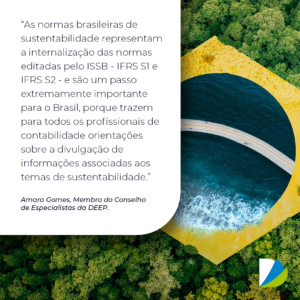In the global map that follows the progress of sustainable financial policies, Brazil appears with timid progress. The database maintained by the Principles for Responsible Investments initiative, PRI , lists just 13 rules adopted by institutions such as the Securities and Exchange Commission, the National Monetary Council and the Central Bank – most of them created less than ten years ago.
Although they try to create an investment culture that observes aspects related to economic, environmental, social and governance sustainability, these policies are still at an early stage in the country. The expectation is that the basis around the topic will be solidified with stricter regulation.
“It is a subject that has just arrived here and needs to be discussed further. Who would take care of this regulation? It needs to have the authority to regulate”, comments the scenario Fábio Alperowitch, founding partner of Fama Investimentos.
The Central Bank, responsible for overseeing the country's financial system, appears to be preparing to consolidate this role. A year after launching an agenda to promote sustainable finance, the institution has just published six new rules that follow international trends in incorporating ESG factors into financial regulation (available at this link ).
The regulations strengthen the management of risks related to the ESG theme by the institutions that are part of the National Financial System , oblige them to prepare the Social, Environmental and Climate Responsibility Policy (PRSAC), according to CMN Resolution No. 495 of 09/15/2021, and increase transparency through information disclosure. As the BC itself states, the idea is “to increase transparency, contributing to the reduction of information asymmetry and better market discipline”. Another adaptation was the prohibition of granting rural credit to properties penalized for violations related to social, environmental and climate issues. This risk management generates externalities associated with the productive activities of the companies that need to be monitored and evaluated in the most regulated market, as it affects the risk and impact assessments themselves.
In terms of regulation, it is very important to understand the concept of externality, which is the indirect consequence of an economic activity on third parties. According to Arthur Covatti, CEO and Co-founder of DEEP “when this externality is negative, reparation becomes an essential, ethical element from the point of view of corporate responsibility. When this reparation does not happen voluntarily, there is a need for a norm”.
The concept of corporate responsibility is precisely the application of the principle of voluntary responsibility of companies on the externalities they generate. “But we don't need to understand voluntary and normative efforts as opposites, on the contrary, they are complementary” highlights Arthur. He concludes: “Companies that voluntarily assume this responsibility before will have an advantage in a future, more stringent regulatory scenario, which is inevitable”. Companies will need to invest in new solutions that allow them to deal with these changes in a more regulated market.
This regulatory scenario expands in several markets around the world. In the US, for example, the Securities and Exchange Commission, the SEC, commented at the beginning of the year that the current regime of voluntary disclosures, both for climate and other social issues linked to sustainability, has not yet succeeded. produce the level of consistent, comprehensive and comparable information that the investment market wants to see. But adapting to the rules of voluntary disclosures is a matter of time.
In DEEP’s view, “the advances brought about by the regulations that are being introduced by the financial market regulatory bodies around the world improve the perspective for the actors in this market to begin to observe more carefully their effects on the expected results and on the way in which these are evaluated and reported”, adds Paulo Miranda, CFO/CSO and Co-founder of the startup. In the last decade alone, the number of regulations, especially those enacted by government agencies, has skyrocketed. Monitoring carried out by the PRI indicates that 96% of the existing ones have been developed since the year 2000.
According to MCSI, an American company that publishes indices of the world's main stocks, the most common points of these standards lead companies and investors to better understand and face the challenges created by the climate crisis, which makes them increase transparency around the corporate governance in the dimension of the impact of companies. This fact has led more companies to assume greater voluntary commitments, regardless of the rules imposed. In the capital market this trend is also already the same.
Among the most recent efforts to structure the ESG finance market is the package of rules presented by the European Union that came into force last March. It is part of a broader regulation of green finance, the so-called Sustainable Finance Disclosure Regulation (SFDR ) (available at this link ), and now classifies investments as sustainable and non-sustainable, with very strict requirements for those who want to fit their funds into the first category.
Europeans hope to make greenwashing as difficult as possible and influence the rest of the world, with investment firms increasingly forced to demonstrate that they take sustainability seriously. “It is a very complex and precise regulation”, comments Alperowitch. “Brazil could look at some European examples. Regulations here don't have to be the same, but you can have a great exchange with discussions that have already been held there and take advantage of work that has already happened”, he adds.
In Alperowitch's opinion, good regulation would be one that takes into account the problems of the planet and society, and that leads the economy to a low carbon transition quickly. “If you don't take these issues to heart, you will be lax. You cannot accept anything as sustainable. If the regulation is bad, it is shallow, it is better not to have it”, he comments.
“Until 'the day before yesterday', sustainability was not worth money. Companies that showed themselves to be sustainable didn't have an investor's eye, they weren't worth more. That has changed. There's a look at ESG, which is good, but there's also a downside. All companies want to talk about it, but not everything has substance”, says Alperowitch, lamenting the “violent shower of greenwashing” seen a lot lately.
The light at the end of the tunnel would be in the tightening of the rules by the regulatory body and in the new generation, which is more concerned with environmental and social issues, which considers human rights and diversity relevant issues. As consumers and investors, they will hardly tolerate companies that do not effectively incorporate these themes.











